Multi-core processors for desktop computers have been developed for many years, and have gone through dual-core, quad-core, and even six-core and eight-core. The history of smartphones is similar. Although it started late, but about five years ago, we first saw a dual-core energy-saving processor based on the ARM architecture, and then 4, 6, 8, and even more cores came out. Unlike desktop processors, mobile SoCs are taking a slightly different path.
On the desktop platform, most of the multi-core processors use the same architecture, but on mobile SoCs, most manufacturers have chosen ARM's big.LITTLE solution, that is, multiple low-performance cores + a small number of high-performance cores.
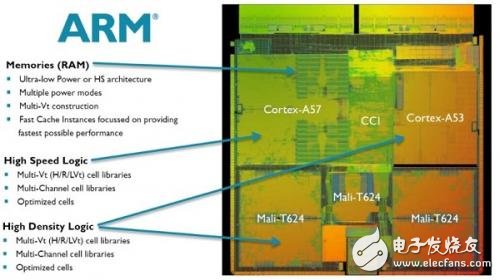
Mobile SoCs are more sensitive to power consumption, with some exceptions. Some 8-core SoCs support Heterogeneous Multiprocessing (HMP) technology, which enables all cores of different architectures simultaneously.
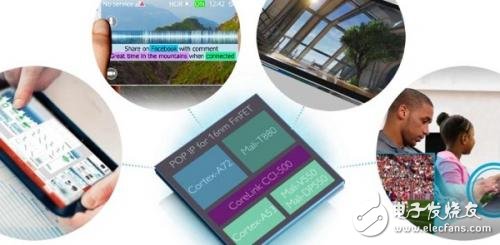
Multi-core and multi-processing, obviously also requires the support of operating systems and application software. Specific to Linux, Windows, OS X, and Android OS, they all have different scheduling methods.
When the "core war" was hot, some people raised some rational questions, such as whether so many cores are really necessary. Obviously, to assess this, we can't just look at a rabbit running score, but also take a daily use of the app to test it.
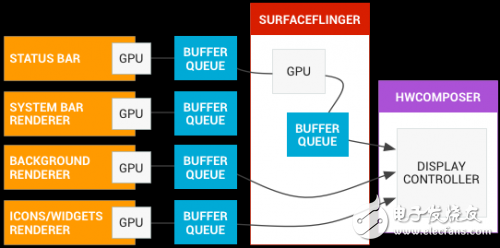
Take the popular Android system as an example. The foreign media Android Authority has conducted on-the-spot evaluation of applications and games such as Chrome, Gmail, YouTube, RipTIde GP2, and Temple Run 2.
First look at Chrome (executed on the quad-core Qualcomm Snapdragon 801 and the eight-core Qualcomm Snapdragon 615 device):

This is the Chrome browser (core activity) in quad-core mode.
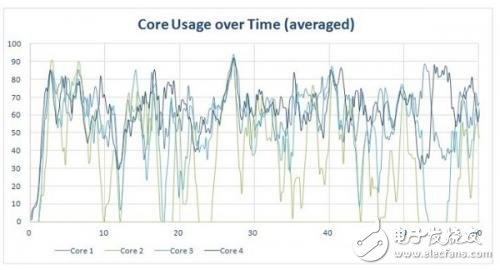
Chrome browser in quad-core mode (average CPU usage).
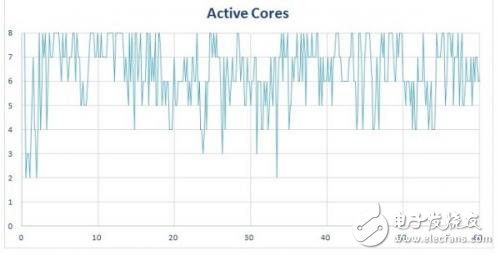
Chrome browser in eight-core mode (core activity).
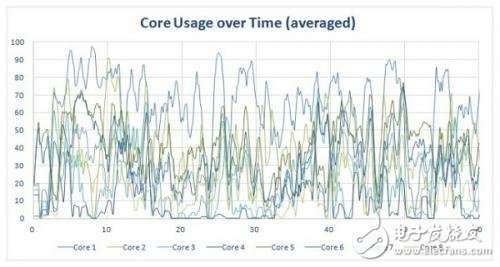
Chrome browser in eight-core mode (average CPU usage).
It should be noted that the Snapdragon 615 is a big.LITTLE processor, so the performance of the core scheduling is somewhat different. Of course, the extra core is for energy efficiency considerations, not performance.
Huawei Touch Screen Price,Mobile Phone Touch Panel,Mobile Phone LCD,Mobile Touch Screen Manufacturers
Dongguan Jili Electronic Technology Co., Ltd. , https://www.jlglassoca.com